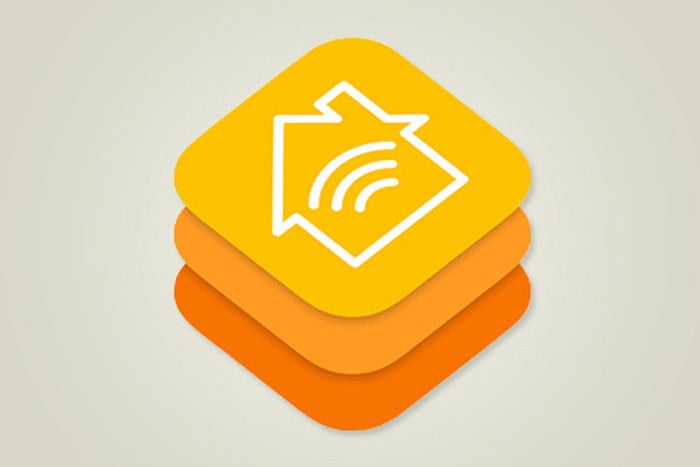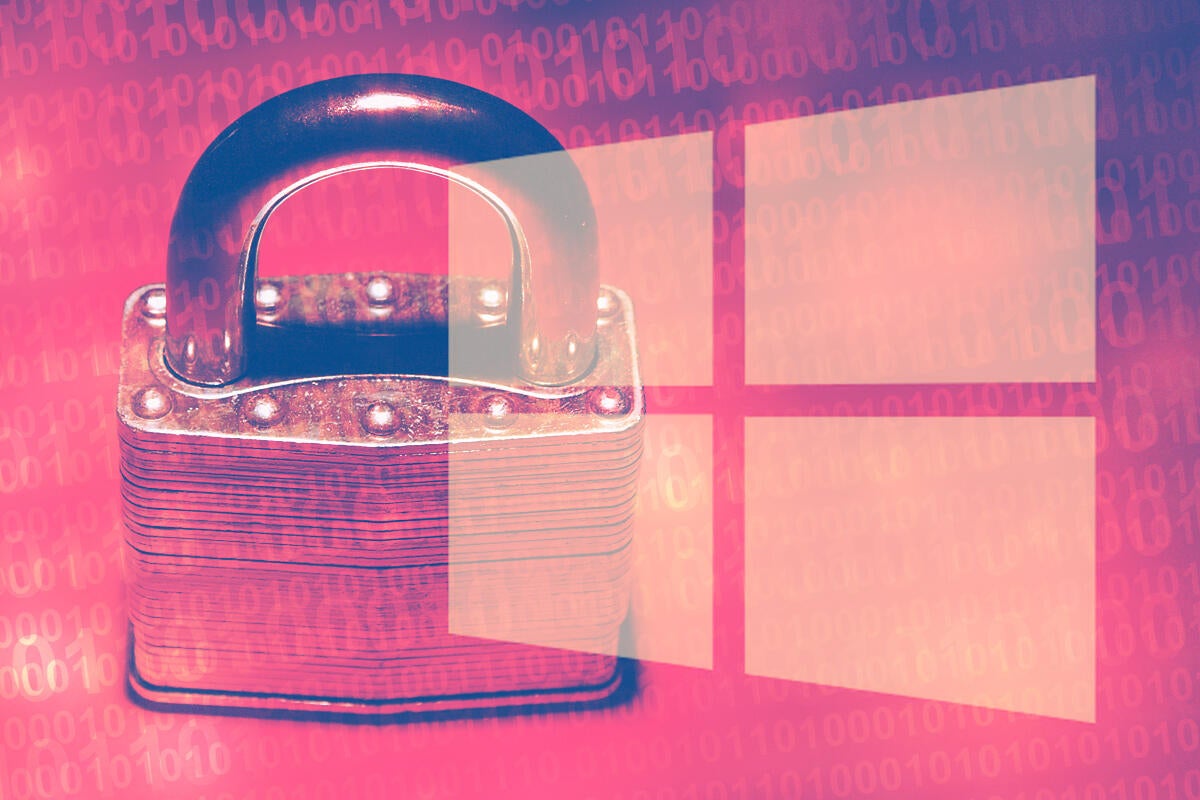But I’m still me

Credit to Author: Sharky| Date: Mon, 21 Oct 2019 03:00:00 -0700
Longtime user at a big bank can’t access the archiving system, the intranet kicks her back to the login screen, and the attendance system that pilot fish supports never heard of her. She’s frantic to be recognized by the system, and she starts flooding the IT department with calls — not just the help desk, but operations and individual IT employees as well.
Everyone who gets a call is solicitous and sympathetic, and they all run down the list of questions that could rule out scenarios. Did she get a new PC? No. Did she change offices? No. Is anyone else affected? No. So what is going on?
The answer is simple after all. The woman had just gotten married, and upon her return from her honeymoon, she started using her new last name with every application — without first requesting to have her name changed in any applications. What isn’t so simple is understanding why she never thought to try logging in with her maiden name.








